Concert for Bangladesh: A Historical Event
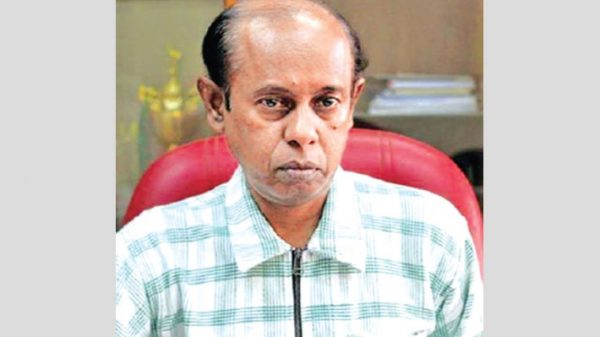
Chinmay Prasun Biswas:
Nobel laureate T S Eliot’s famous poem The Waste Land begins with the line — April is the cruelest month. But for people of Bangladesh, August is probably the cruelest month because two terrible incidents happened in this month in 1975 and 2004. However, there is at least one incident of pleasure in this cruelest August that happened in 1971. If anybody visits the United States or any other western country and introduces himself as a Bangladeshi there is ample opportunity that the person in front will sing the song Bangla—-Desh in a unique pronunciation and unusual tune. The reason is the immortal song Bangladesh by George Harrison.
This song was performed on August 1, 1971 and even after 50 years this song is carrying the identity of this small country of South Asia. The day was Sunday. Concert for Bangladesh (Bangla Desh, as spelt then) was held in Madison Square Garden in New York. Initially, one concert was scheduled, but under pressure from people, organisers were compelled to arrange two – one at 2.30 p.m., another at 8 pm.
One of the main organisers of this concert was the renowned Bengali sitarist Pandit Ravi Shankar (Rabindra Shankar Chowdhury), whose father’s ancestral home was in Narail of present day Bangladesh. In 1971, people of Bangladesh were being tortured and killed by Pakistani army and millions of people were compelled to enter into India as refugees. Ahead of it, a devastating cyclone in November 1970, caused the death of at least ten lakh people in the then East Pakistan. In April 1971, Ravi Shankar and George Harrison were in Los Angeles working on the soundtrack of the film Raga. Meanwhile, an article by journalist Anthony Mascarenhas published in the The Sunday Times exposed the full horror of atrocities in Bangladesh. Appalled at such terrible news, Pandit Ravi Shankar requested George Harrison, a prominent member of the Beatles, with a view to do something for the distressed people of Bangladesh. Responding instantly Harrison contacted other performers.
The idea soon developed to a star-studded musical event, blending Western Rock with Indian classical music. The concert was arranged after a preparation of only five weeks. At first Harrison requested members of The Beatles, his former group, to join the concert but Paul McCartney directly refused. He was not at all interested in maintaining any relation with that group. Though interested John Lennon could not join because at that time he was passing through legal complications with his wife Yoko regarding his children. Finally, former Beatles star Ringo Starr, Bob Dylan, Eric Clapton, Billy Preston, Leon Russel, musical hands of Harrison’s new group BadFinger and many others joined the concert. After the split of The Beatles it was the first open programme of George Harrison. For the first time after 1969, Bob Dylan and also Eric Clapton appeared in front of an audience and spectators. Mick Jagger was in Southern France. Due to visa complications he could not return in time.
The Concert for Bangladesh was inaugurated with a short speech by Pandit Ravi Shankar. He first explained the reasons behind the concert. For this programme he composed a new tune titled Bangladesh Dhuund. Along with him there were Ustad Ali Akbar Khan in sitar, renowned Allarakha with tabla and Kamala Chakravarty with tanpura. The four musicians performed that dhund in the form of a khyal rather than a standard raag. Main attraction of the concert, the king of protesting music, Bob Dylan, sang six songs including his self-composed (both lyric and music) ‘Mr. Tambourine man’ and that famous 50-line song A hard rain’s gonna fall. On the other hand, George Harrison, himself in charge of conducting and managing the concert, also sang six songs. His last song, composed on the occasion of this concert was Bangla——desh that begins like this –
My friend came to me
With sadness in his eyes.
He told me that he wanted help
Before his country dies
Although I couldn’t feel the pain.
I knew I had to try
Now, I’m asking all of you
To help us save some lives.
Ravi Shankar’s primary expectation was to raise $ 25,000 through a benefit concert of his own. He could not materialise it but the joint programme yielded incredible success. 40,000 people attended the concert. Initially, the collected gate money of US $ 2,43,418 was utilised for evacuees through UNICEF. Lyrics and music of the programme was recorded through 40 microphones. A big album containing three long play records and a multi-coloured good looking booklet and a bestseller live album were published. A documentary film under the banner of Apple Films was released in the cinemas in 1972. Up to 1985, a total $ 12 million was collected which was remitted to Bangladesh. Income from sale of DVDs and albums gradually increased which remains deposited with George Harrison Fund of UNICEF.
In fact, Concert for Bangladesh was the biggest programme of singers and artistes in 1971. A common perception prevails that America was against our liberation war. Whatever be the official stand of the US government this concert proved that people of the United States were beside the deprived and distressed people of Bangladesh. Not only did they assist Bangladesh financially, but through this concert they informed the world community of the war time situation of Bangladesh. At a time when there was no internet, mobile phone or satellite channel, it was a very unique effort to arrange this concert which placed Bangladesh gloriously on the map of the world. After four decades Pandit Ravi Shankar (died in 2012) recalled, “Just within a single day the whole world came to know the name of Bangladesh. Really, it was an extraordinary programme which will never fade. This programme proved that music, politics and humanity can be tied with the same string. For this reason this concert will remain unforgettable in world history.”
On June 5, 1972, in recognition of their pioneering fund raising efforts, George Harrison, Ravi Shankar and Allen Klein were jointly honoured by UNICEF with its Child Is the Father of the Man award. In December 2008, seven years after Harrison’s death, the BBC reported that moves were under way in the Bangladesh High Court to recognise and honour Harrison officially as a hero of our liberation war for his unique role during the troubled birth of this country. On the golden jubilee of that programme we convey our gratitude to the organisers, performers, audience, spectators and all others connected with the Concert for Bangladesh.
The writer is a former Commissioner of Taxes



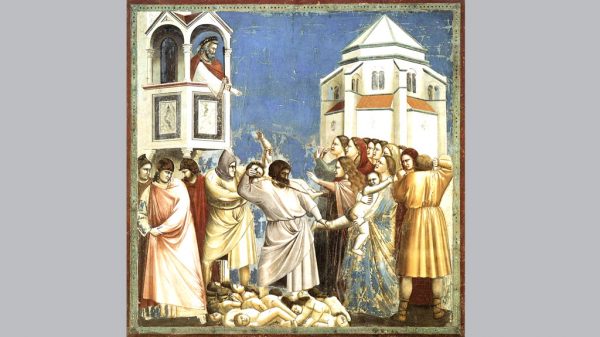


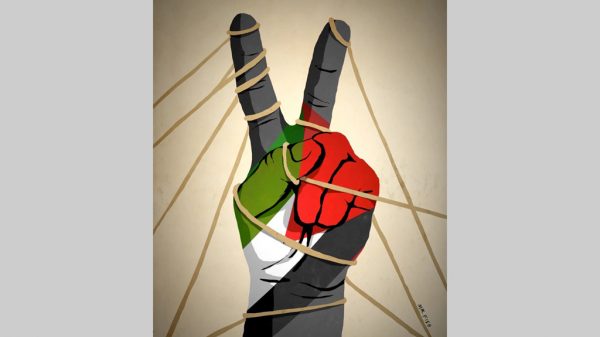
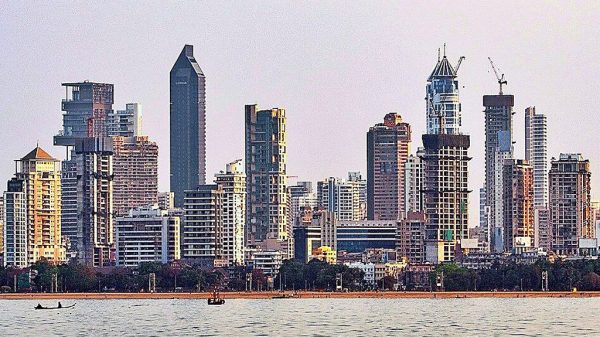
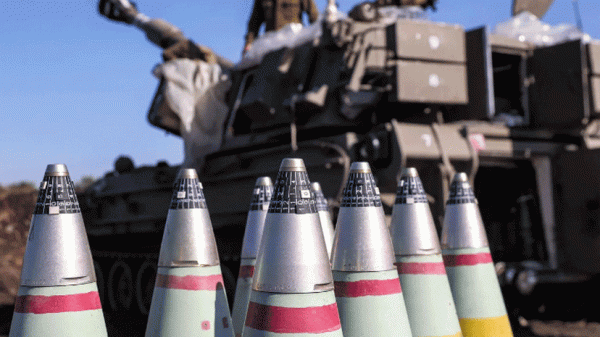
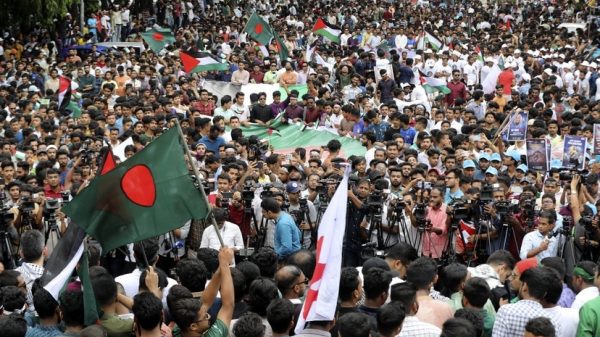
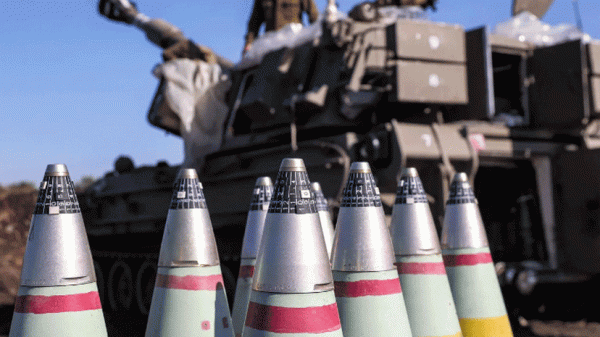



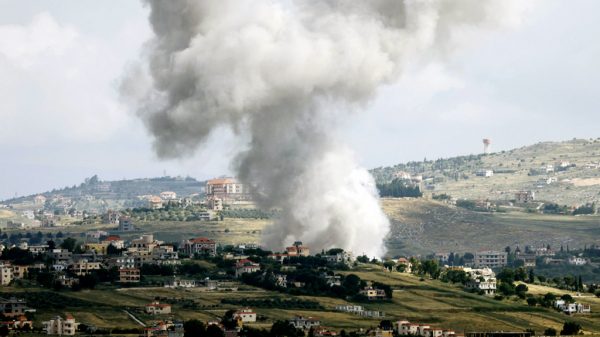
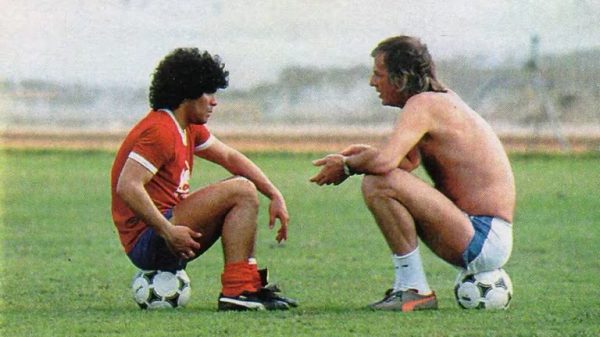













Leave a Reply